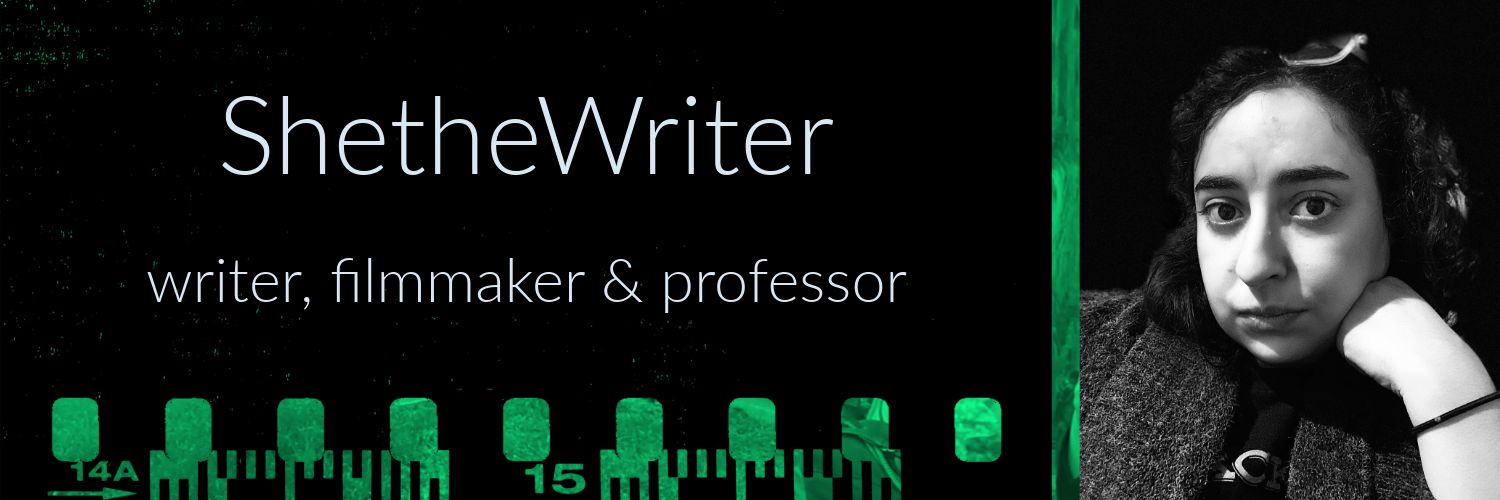It is my belief that original ideas that are rooted in imagination, with no relationship to reality, when shared in confidence, should not be exploited by any party without the expressed consent of the party who shared said idea, regardless of whether it would violate any laws or rules on paper.
I believe that creative practice is spirital practice and ethical practice, and a violation of ethics for "creative" exploitation is, in fact, not creative at all.
I believe that art is beholden to one's faith and one's soul, and if one violates or compromises on those things, then anything they create is not art, but is, in fact, a waste of resources and space.
I believe that copied art is copied art, and any reference to "appropriation" or "inspiration: used to justify a stolen idea is defense against a moral crime. Repainting Van Gogh's Starry Night, for instance, is perhaps practice and certainly copying; it is not "appropriation" and it is not self expression. The same goes for copying from written work, and if you hope to be a writer then you ought to know that you have just as much a right over your writing as visual artists have other their motifs. There's a reason why copywriters get paid so much to never have their name attached to the phrases they make.
Appropriation is when a designer makes their travel mug double-walled because an engineer already discovered that that is appropriate. That is appropriation.
Inspiration is when one is motivated by the prinicple behind another work, person, action or idea, and decides to act on that principle. That is inspiration.
Any references to "commentary" suggest that the work is in fact, just that: commentary. Not art.
Stealing someone's work is stealing. It is theft. It is a sin on the soul.
This may sound elitist, but I am democratic. I believe everyone can be original and anyone can be creative. So no, there is no excuse for stealing.
